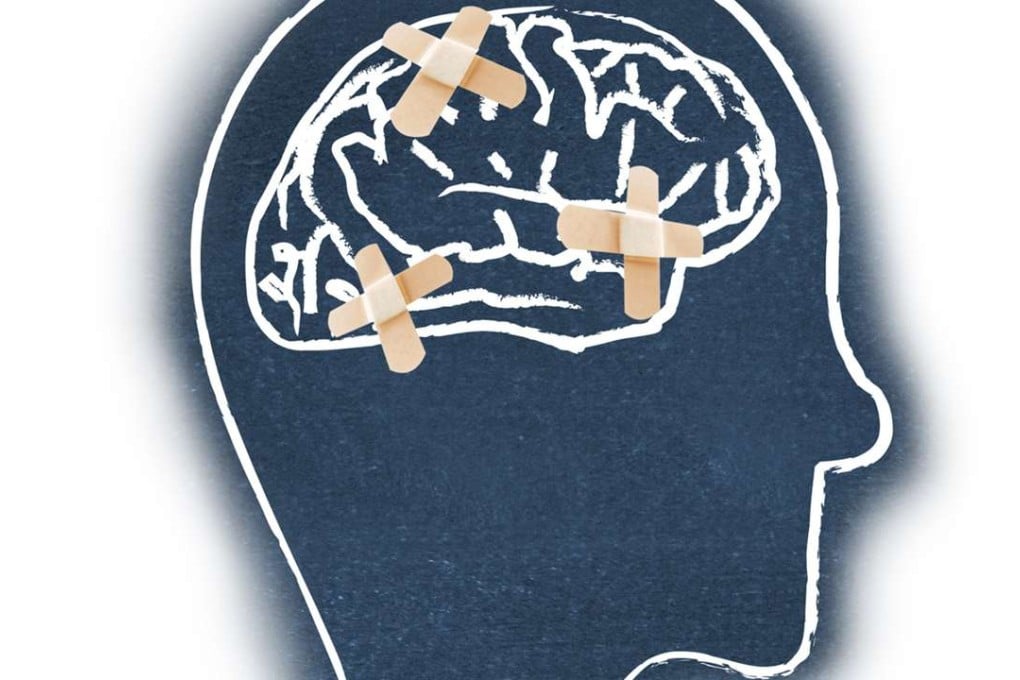Study reveals need for psychiatric services in Hong Kong, but also warns against forcing treatment on mentally ill
Human rights cited as reason not to implement legal order

The Hong Kong government should not make it a legal requirement for people diagnosed with mental illness to accept treatment as this raised concerns over ethics and human rights, a review of the city’s overburdened psychiatric services said.
The report, released on Tuesday and written by a committee formed in 2013, also warned of an increasing demand for psychiatric services in the city – especially for children – as well as a rising need to treat cases of dementia as the population ages.
But it ruled out the possibility of the government implementing a community treatment order – a legal rule for a person to accept treatment for mental illness – citing moral and human rights concerns.
A government source said that without such an order, it was even more important to strengthen services, especially for patients prone to relapses in severe cases.
Suggestions in 20 areas from the report include the delivery of a smooth service transition, adopting an intervention approach at school, and reinforcing facilities and manpower.